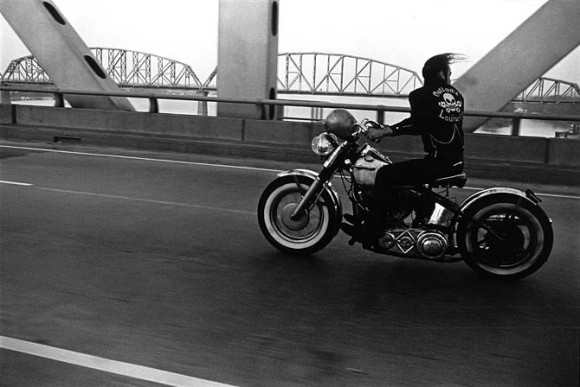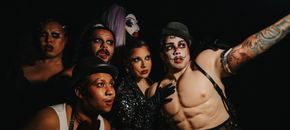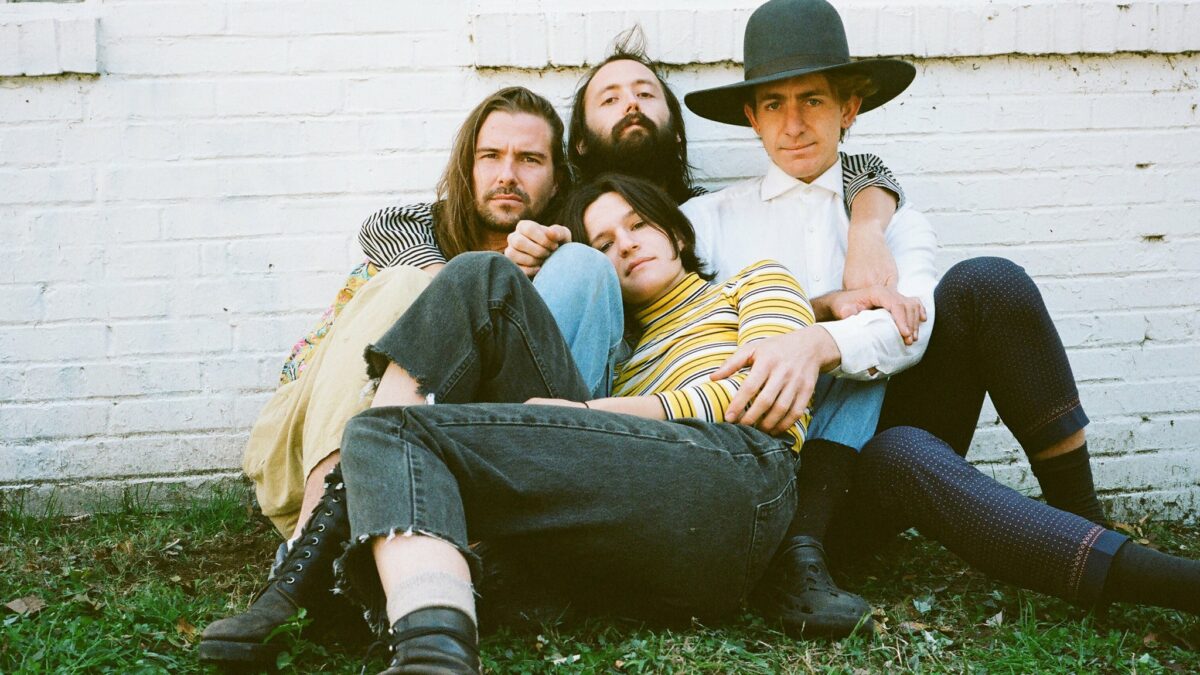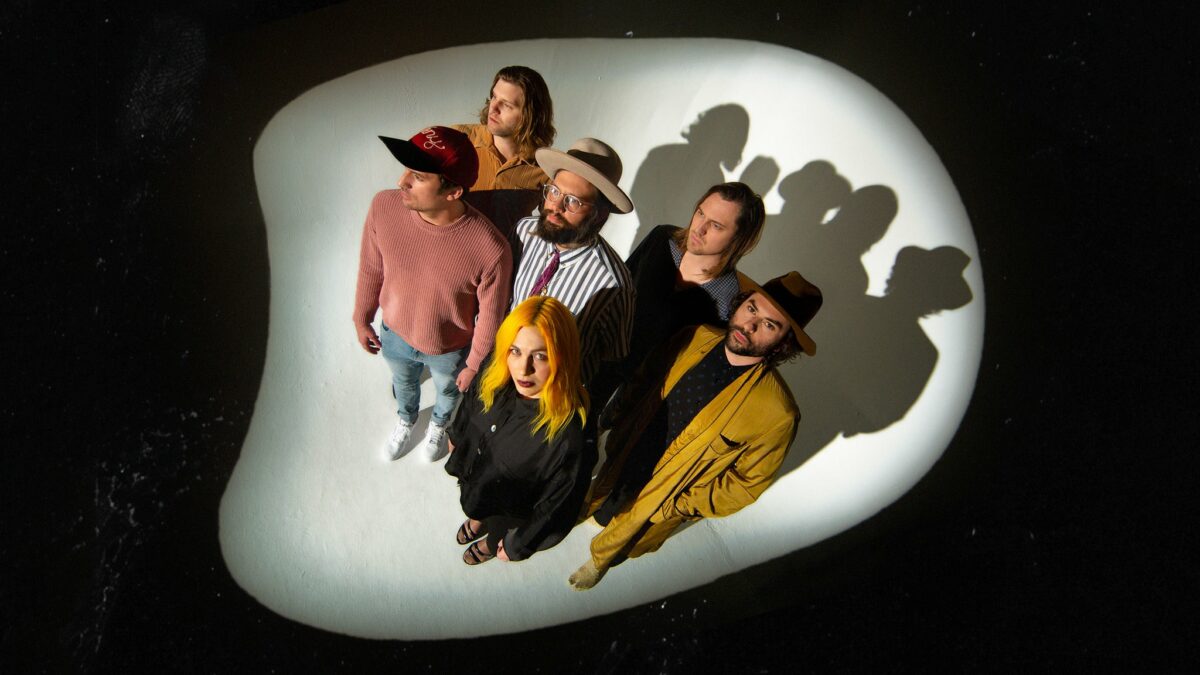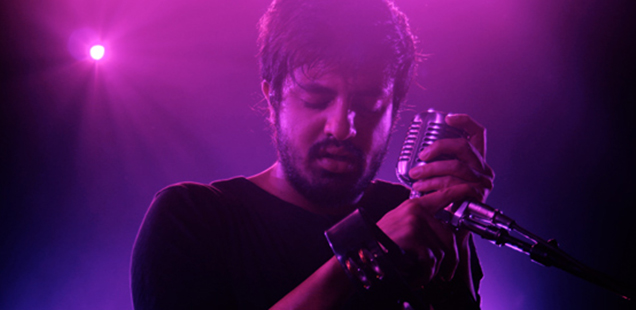Photographs by New Journalist Danny Lyon at the deYoung Museum
Now reputed as one of the best documentary photographers to emerge in the 1960s, Danny Lyon transformed the medium of photography by choosing to become a vulnerable and active participant in his photographs, rather than ensconce himself behind a protective and isolating lens.
Trained as a historian at the University of Chicago, Lyon created an alternative visual history through his photos with only a handheld and easily transportable camera in tow; his stark but lyrical narrative style transcended the circumscribed and distant photographs of the 1950s and helped to further transform the public perception of photography as an art form.
He began his career as the first staff photographer for the Atlanta-based Student Nonviolent Coordinating Committee (SNCC) in the summer of 1962 embroiling himself in the Southern civil rights movement and capturing along the way a striking insiders glimpse of protesters engaged in a struggle fraught with multiple layers of tension.
Lyon went on to join the Chicago Outlaw Motorcycle Club and publish The Bikeriders in 1968, a collection of photographs and interviews from his time with the outlaw motorcycle gang composed of ex-military men beholden to no one and living at the margins of society.
Other notable projects include a treatment of the American Southwest, a non-fiction examination of the prison system (reexamining the way in which punishment is doled out in the United States), and a dedicated study of a dilapidated downtown New York in the 1960s.
The exhibition, The World is Not My Home, which includes 60 photographs by Danny Lyon spanning from 1962 to the present can be seen at the deYoung Museum until January 27, 2013.
